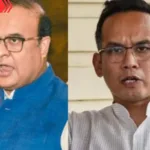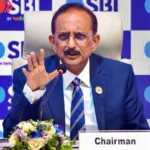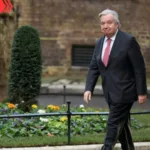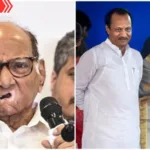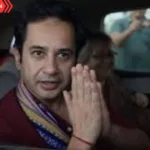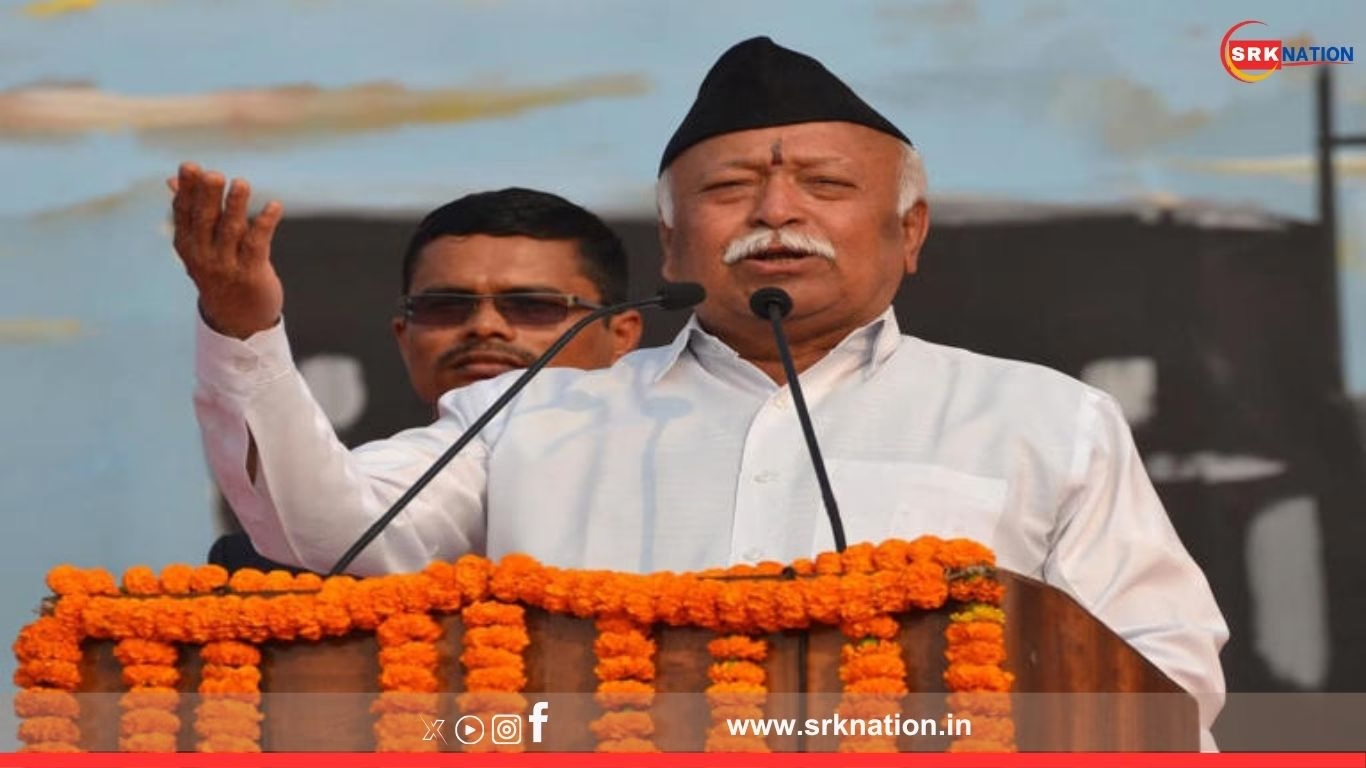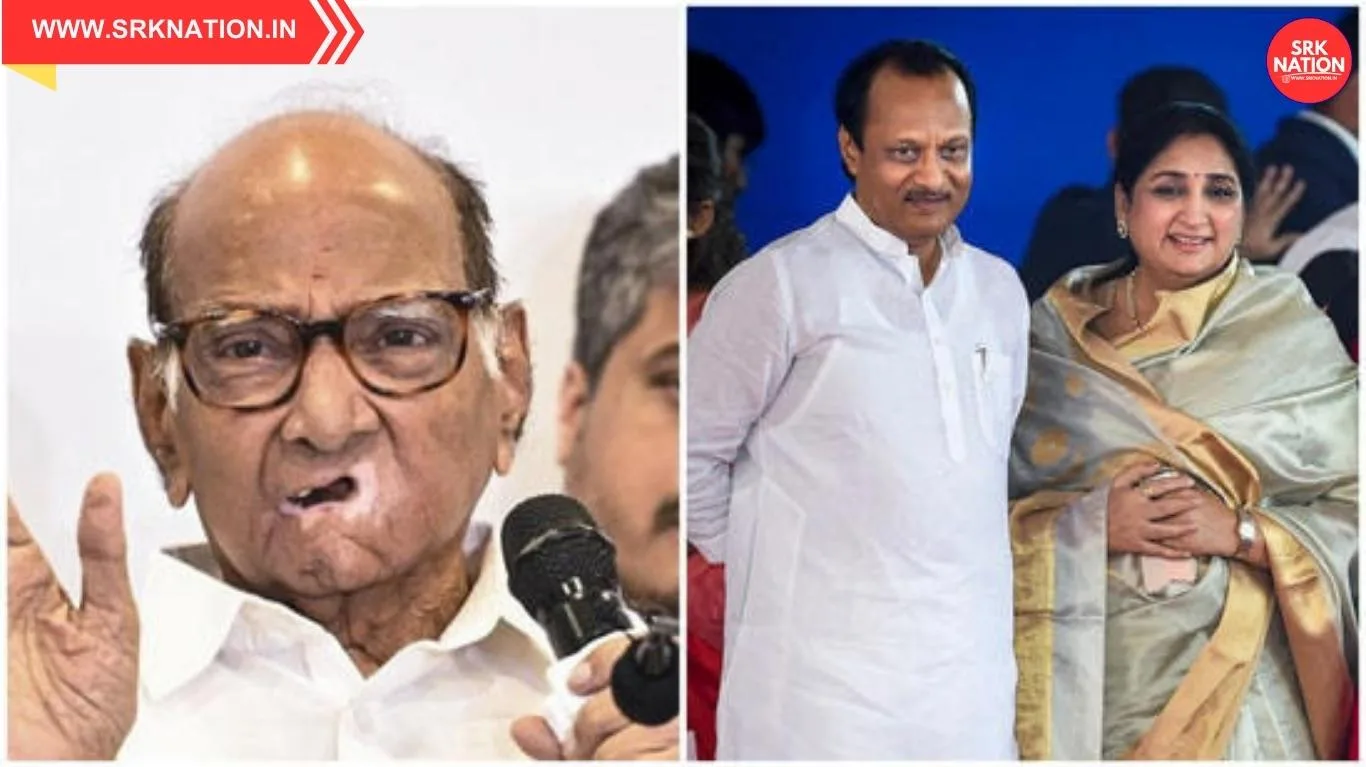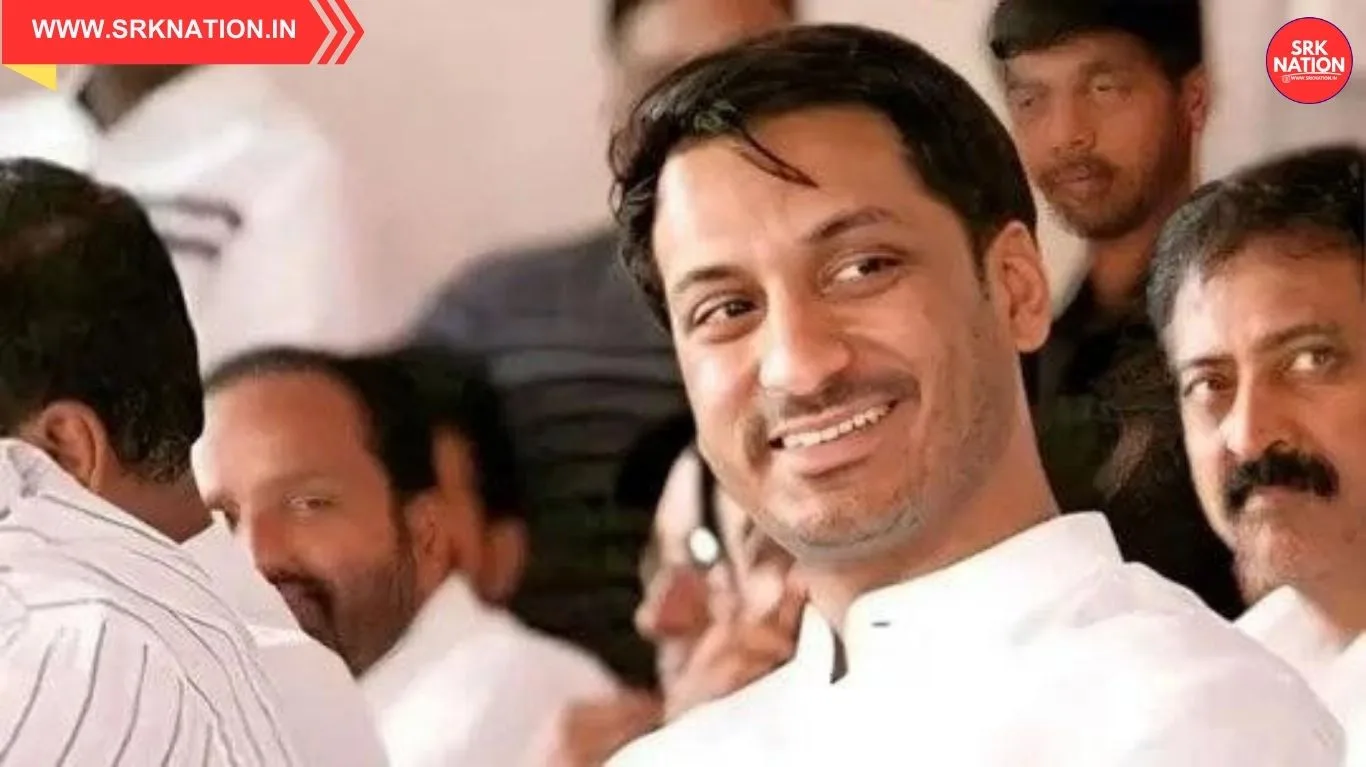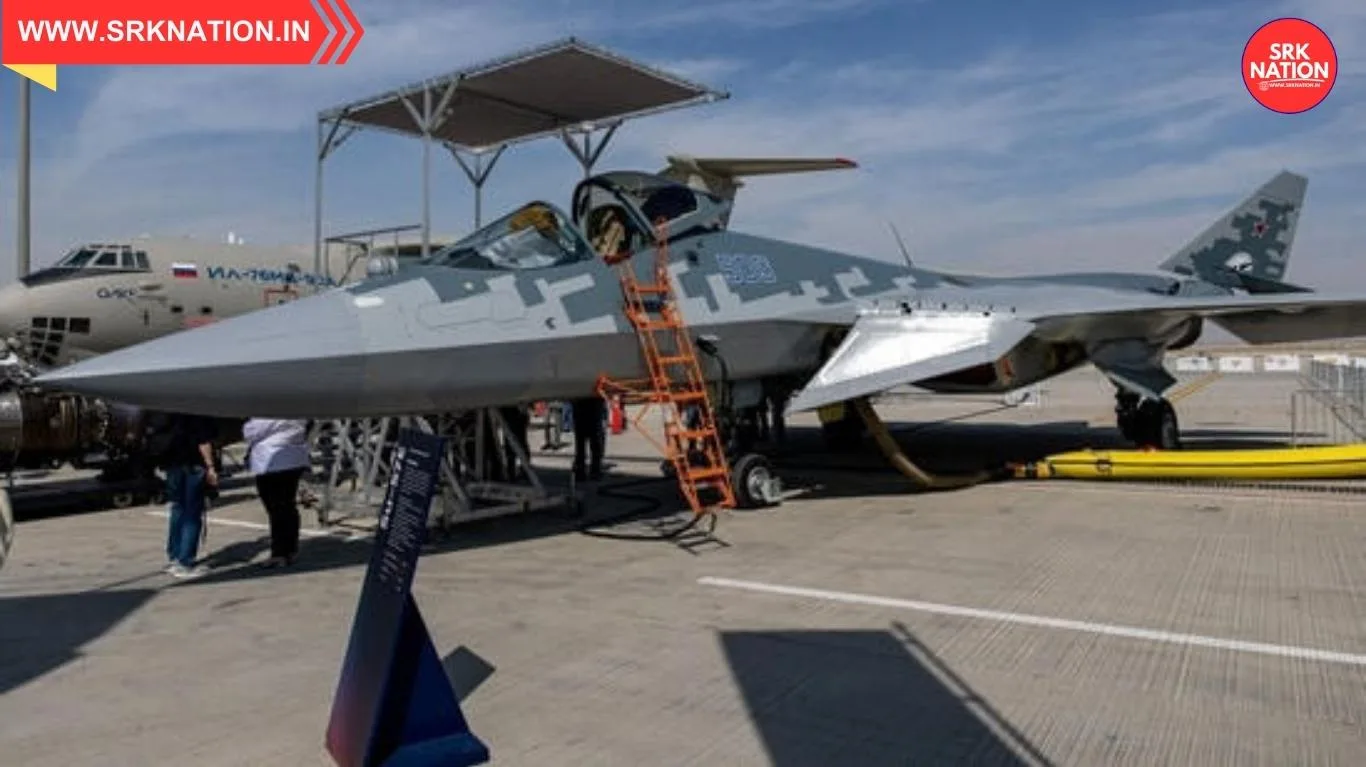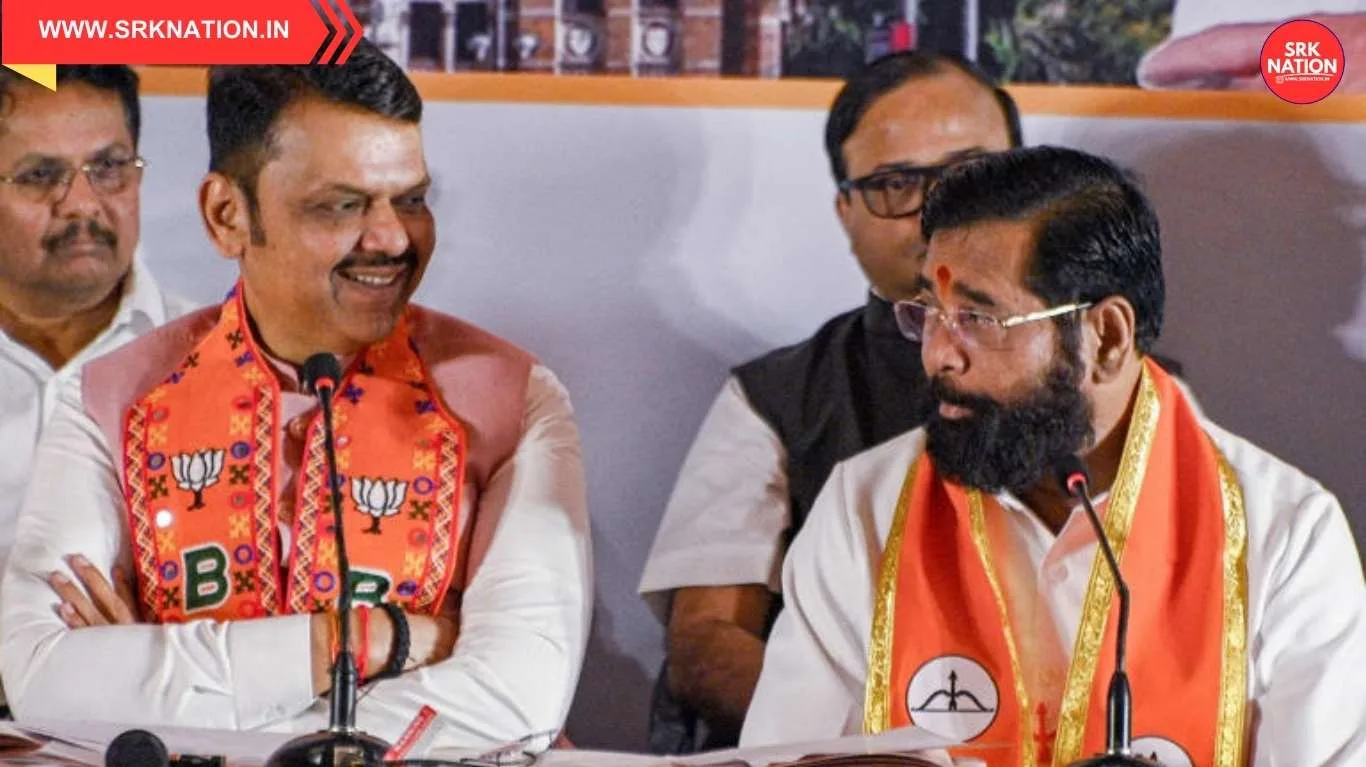RSS chief Mohan Bhagwat has said that the international reactions following the Pahalgam terror attack in April 2025 have revealed which nations are India’s true friends in the global arena. Delivering his Vijayadashami address from Nagpur on October 2, 2025, Bhagwat stated that while India continues to maintain friendly relations with all countries, the tragic incident and its aftermath served as a litmus test for global solidarity and strategic alignment.
The Rashtriya Swayamsevak Sangh (RSS), marking its centenary year, used the occasion to reflect on national security, geopolitical realities, and the importance of indigenous strength. Bhagwat’s speech came months after the Pahalgam attack, where 26 civilians were killed by cross-border terrorists who reportedly targeted victims based on their faith. The incident triggered widespread grief and anger across the country and led to a swift retaliatory operation by the Indian government.
Pahalgam Attack and Operation Sindoor – Timeline of Events
| Date | Event Description | Outcome/Impact |
|---|---|---|
| April 22, 2025 | Pahalgam terror attack kills 26 civilians | National outrage, security alert |
| April 24, 2025 | Global reactions begin to emerge | Mixed diplomatic responses |
| May 2025 | India launches Operation Sindoor against terror camps | Strategic retaliation, cross-border strikes |
| June 2025 | India reviews diplomatic ties with select nations | Realignment of foreign policy priorities |
Bhagwat praised the Modi government’s decisive response through Operation Sindoor, which targeted terror infrastructure across the border. He highlighted the “firmness of leadership, valour of armed forces, and unity of society” as key pillars of India’s response. “The attack led to a wave of grief, sadness and anger across Bharat. After careful planning, the government of Bharat gave a fitting response,” he said.
Global Reactions to Pahalgam Attack – Diplomatic Snapshot
| Country | Official Response | Strategic Alignment | RSS Chief’s Interpretation |
|---|---|---|---|
| United States | Condemned attack, urged restraint | Moderate | Supportive but cautious |
| Russia | Backed India’s right to self-defense | Strong | Reliable ally |
| France | Expressed solidarity, offered intelligence support | Strong | Trusted partner |
| China | Called for regional stability, avoided naming perpetrators | Weak | Ambiguous stance |
| Pakistan | Denied involvement, accused India of escalation | Hostile | Strategic adversary |
| Israel | Offered counter-terror expertise | Strong | Deepening defense ties |
| UK | Condemned violence, urged dialogue | Moderate | Diplomatic but non-committal |
Bhagwat said the responses of these nations “tested the extent to which they are willing to stand by India.” He emphasized that India must remain vigilant and strengthen its security capabilities, even while maintaining diplomatic friendships. “We must be more careful, more watchful and stronger,” he said.
The RSS chief also linked the rise of extremism to systemic lethargy, stating that when governance fails to deliver justice, development, and sensitivity, people may turn to radical elements. He urged both the state and society to work together to restore faith in democratic institutions and prevent the spread of extremist ideologies.
Bhagwat’s Key Messages – Vijayadashami 2025 Address
| Theme | Message Delivered | Policy Implication |
|---|---|---|
| National Security | Vigilance and preparedness are essential | Strengthen defense and intelligence |
| Global Diplomacy | True friends revealed during crisis | Realign foreign policy based on trust |
| Extremism and Governance | Systemic failure breeds radicalism | Improve delivery of justice and welfare |
| Indigenous Production | Swadeshi and self-reliance must be prioritized | Reduce dependency on imports |
| Youth and Society | Unity and awareness are key to national strength | Promote civic education and engagement |
Bhagwat also addressed economic concerns, particularly in light of rising tariffs imposed by US President Donald Trump on Indian goods. He called for a renewed focus on swadeshi (indigenous) production and swavalamban (self-reliance), warning that over-dependence on global trade could lead to helplessness. “The world operates through mutual interdependence, but we must not let it become a weakness,” he said.
The centenary rally was attended by thousands of RSS volunteers and dignitaries, including former President Ram Nath Kovind. The event also featured tributes to the victims of the Pahalgam attack and a pledge to uphold national unity and resilience.
Social media platforms lit up with reactions to Bhagwat’s speech, with hashtags like #PahalgamAttack, #RSSCentenary, and #TrueFriendsOfIndia trending across political and civil society circles.
Public Sentiment – Social Media Buzz on Bhagwat’s Address
| Platform | Engagement Level | Sentiment (%) | Top Hashtags |
|---|---|---|---|
| Twitter/X | 1.6M mentions | 82% supportive | #RSSCentenary #TrueFriendsOfIndia |
| 1.4M interactions | 78% patriotic | #PahalgamAttack #OperationSindoor | |
| 1.2M views | 85% strategic | #NationalSecurity #GlobalDiplomacy | |
| YouTube | 1.1M views | 80% reflective | #BhagwatExplained #RSS100Years |
In conclusion, Mohan Bhagwat’s Vijayadashami speech served as a powerful reflection on India’s security challenges, diplomatic realities, and the importance of indigenous strength. His assertion that the global response to the Pahalgam attack revealed India’s true friends underscores the need for strategic clarity and national resilience in an increasingly complex world.
Disclaimer: This article is based on publicly available speeches, media reports, and verified commentary. It does not constitute endorsement or prediction of any political or diplomatic outcome. All quotes are attributed to public figures and institutions as per coverage. Readers are advised to follow official government and security updates for verified information.

